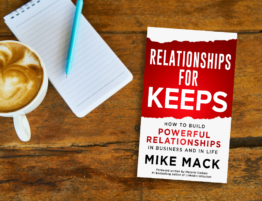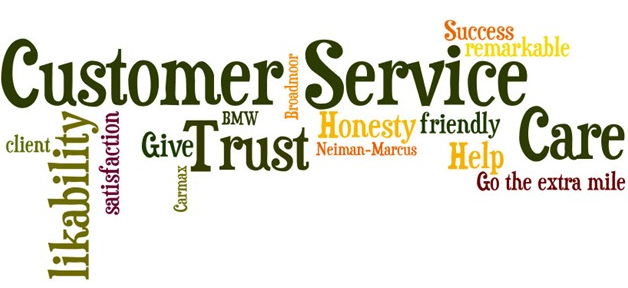Guest blog by Idris Fashan
This is the third installment in a blog series on X5 Management’s principle of LRT: Like, Respect and Trust. As many who have worked with X5 may be familiar with this principle, I decided to do some deeper research and unpack each of the elements of LRT—the psychology, the effect it has on people and the interrelationship between Like, Respect and Trust.
What is Trust?
Merriam Webster Dictionary defines trust as: 1. assured reliance on the character, ability, strength, or truth of someone or something 2. one in which confidence is placed 3. (1) a charge or duty imposed in faith or confidence or as a condition of some relationship (2) something committed or entrusted to one to be used or cared for in the interest of another Trust is likely one of the first of the complex relational factors we learn as children, and the psychology and nature of trust cannot be underestimated. When we are raised in supportive environments, we grow to trust people, and our latter expectations as adults in relationships are often governed through trusting relationships that we foster. When people are raised in unsupportive environments or experience trauma, trust is one of the first problem areas that arise as they develop into adults. Next to our own sense of self worth, trust is viewed as one of the most intimate and vital elements in human relations.
Trust In Business
Trust is also very easily tarnished and very difficult to recover. We see just how troublesome it can be for leaders and companies that break the public trust, and it does more damage than just to one’s credibility. The sense of loathe that follows is a collective representation of a break in that same sense that we had as we fostered our first relationships. And when that is broken on a larger scale, the results can be disastrous. Trust is more than an emotion, and it more than a residual of previous life experiences and upbringing. In the heat of business, it is a fluid equation that relies on consistency more than anything else in the LRT principle.
Accelerating Trust
Trust requires that one delivers what one commits to doing, and by offering and providing more consistently, you can begin to build a new business dynamic or strengthen an established one. But to accelerate the process of earning trust, you have to step back from the transactional aspects and instead concentrate on listening intently, and bringing positive mutual benefit to the relationship itself, not just the people involved. Broad-minded people (or people who can show themselves to be broad-minded thinkers) tend to earn the trust of others more than those who simply are good listeners.
Keeping the Long View
But trust cannot have a timetable. In fact, one of the most detectable (and distasteful) experiences involve someone trying to force a trust relationship by overextending themselves, their capacity or their social network as a means to move something forward. No one affected may know or recognize the motivation, but the act of forcing trust prickles the subconscious, leaving the offender in a wake of deflating respect. It’s as terrible as it is unforgettable.
Trust Your Future
Although trust requires patience and demands consistency, it can be an eternal companion. Knowing that we can only harvest the fruit of trusting relationships when we sow seeds of mutual benefit forces us to keep looking optimistically ahead, and this itself is a supporting environment that we help to foster in our business relationships. It’s a far cry from our early relationships as children, but only in time—not in actions or results.








